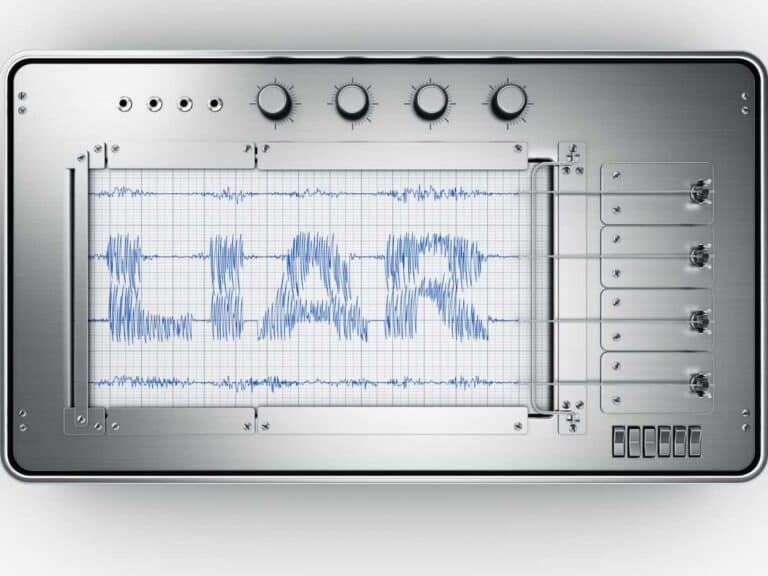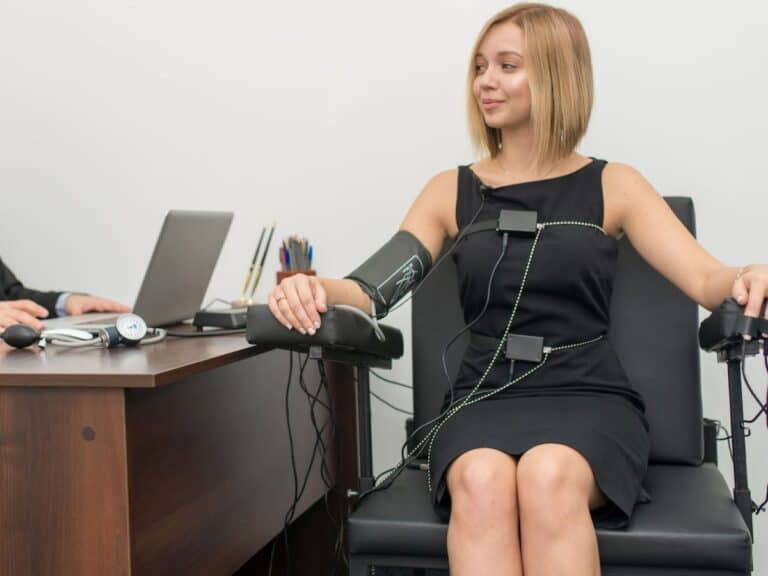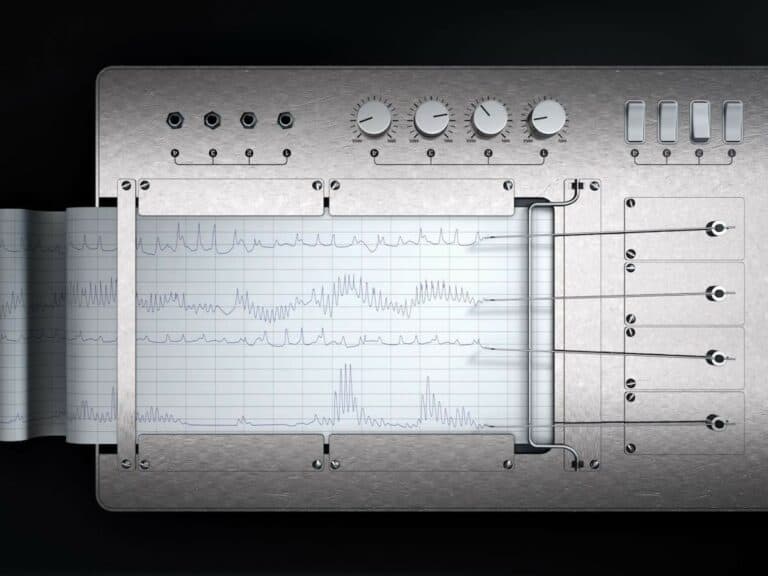No Significant Response on Polygraph: What Does it Mean
You may either pass or fail a lie detector test. In some instances, it may yield an inconclusive result, which warrants a second polygraph examination. But upon checking out a written report of your test, it says “no significant response”. What does this mean exactly? Did you pass or fail the test?
A no significant response result is good news — it means that the subject of the test, the examinee, was found truthful by the polygraph examiner. So, in other words, the individual passed the lie detector test. NSR for short, no significant response is the same as no deception indicated (NDI).
For some individuals, the mechanism behind how a polygraph examination is able to figure out whether the subject is telling the truth or lying can be perplexing and overwhelming.
There are times, too, when the diagnosis in the written report can be equally confusing.
Currently waiting for a polygraph examiner’s verdict and you want to make sure you will fully understand it to avoid unnecessary stress and anxiety? Then keep on reading. In this post, I will discuss one of the possible outcomes of a lie detector test — the one that all polygraph examinees hope to get.

It All Boils Down to the Examinee’s Preference
Based on its Twitter account itself, the American Polygraph Association (APA) represents more than 2,800 polygraph examiners. Since the law does not oblige polygraphers in the US to obtain membership with the APA for them to be able to operate legally, it means that there are even more polygraph experts in the country.
Different polygraph examiners rely on different polygraphy techniques and technologies.
They also have varying preferences when it comes to the terminologies used in writing their reports. And it’s due to this why polygraph reports from various examiners may look different even if they share the very same verdict.
No significant response — this is one of the possible results of a lie detector test. Looking at the phrase alone, it can be challenging for everyday people who just had a polygraph examination to determine what it means. It obviously translates to there is no response that’s significant enough. But is that a good thing or a bad thing?
There’s no need to panic just in case the report you get from the polygraph examiner bears such a diagnosis. As a matter of fact, a no significant response verdict calls for a celebration.
It’s one and the same with another verdict other examiners may prefer to use: no deception indicated.
Because it’s so much easier to understand, a no deception indicated report can keep the examinee from any more tension than what getting a written report in the inbox can bring. The phrase is pretty much self-explanatory — the person who conducted the lie detector test found no sign whatsoever that you were deceitful during the examination.
So, in other words, you passed the polygraph test! Both no significant response and no deception indicated phrases, simply put, are fancy ways of telling that you, the examinee, told nothing but the truth.
However, there are instances when a deceitful person can also get a no significant response diagnosis. This is considered an error, which is something that keeps a polygraph exam from winning a 100% accuracy rate. A deceitful person who is mistakenly reported as truthful results in what’s referred to as a false negative.
Other Possible Polygraph Test Results
Besides no significant response, which is the same thing as no deception indicated or passed, there are other polygraph results that, because of the use of jargon, can confuse some recipients of writer reports.
Let’s take a look at some of them:
Significant response
More commonly known as deception indicated, significant response is the polar opposite of no significant response. So, in other words, a polygraph report saying significant response means you failed the lie detector test. If you believe that there’s a mistake, you can be given the opportunity to retake the polygraph examination.
Inconclusive
Simply put, an inconclusive result means you neither passed nor failed the test. It indicates that the polygraph examiner could not derive a conclusive diagnosis based on the chart. Just like when getting a significant response result, an inconclusive result lets you retake the test in order for a more conclusive report to be obtained.
Purposely non-cooperative
PNC for short, purposely non-cooperative means that the subject of the lie detector exam did not follow the instructions provided by the polygraph examiner. In some instances, it also indicates that the examinee was found to use some countermeasures. A PNC result can also translate to the examinee refusing to take the test.
Passing the Test Without Any Countermeasures
Especially if you are an innocent person, nothing can be more relieving and validating than seeing that there is no significant response on the written report of a recently held lie detector examination.
But since a polygraph test isn’t completely infallible, anything can happen.
Nothing can be more distressing than knowing your hands are clean but the polygraph examiner thinks otherwise. If you have zero accountability for the crime or misdemeanor being investigated, it can be both confusing and devastating to learn that you failed your polygraph test.
Such is what’s referred to as a false positive. Simply put, this result is an error. But until it’s proven otherwise, it can give everyone the impression that you were being deceitful while strapped to the polygraph machine.
And that is why it’s not just guilty individuals who do their best to beat a lie detector test but also many innocent ones who refuse to accept getting a false positive result as an option. Just about anything they can do deliberately to sway or manipulate the exam’s outcome is what’s known as a countermeasure.
Needless to say, doing any countermeasure is a form of cheating.
You can cheat to make sure you will end up with a no significant response result. Or you can keep in mind a few things that can help increase your chances of passing a lie detector test without cheating. Some of them include:
- Research about a polygraph test to allay fears and doubts about the examination.
- Make a list of your medical conditions and the medications you take — and bring it with you.
- Get a good night’s sleep the night before your lie detector test.
- Avoid engaging in stressful and exhausting activities prior to heading to the testing center.
- Maintain normal eating habits — skipping a meal can make you feel uncomfortable during the test.
- Put on comfortable clothes and bring a jacket or sweater in case the testing center gets too cold.
- Don’t overthink the questions and don’t provide any more than yes or no answers.
- Always keep in mind that, as always, honesty is the best policy.
As discussed earlier, you will get a purposely non-cooperative report if you attempt to deploy some countermeasures during the exam to pass it and the polygraph examiner catches you.
Just Before You Read That Polygraph Exam Report
Receiving the polygraph exam report can be just as stressful and nerve-racking as taking the test itself. And getting a diagnosis that you cannot understand can make matters worse. It’s not uncommon for some polygraph examiners to use confusing jargon instead of simply a “pass” or a “fail” in order to look more professional.
Above, we talked about what a no significant response diagnosis means. If you get this kind of report, there’s no need to fret because it only means that you passed the lie detector test with flying colors.
Related Questions
Does failing a lie detector test mean you lied?
There is no need to doubt yourself if you fail a polygraph exam even though you are certain you are innocent. It’s very much possible for a truthful individual to show signs of deception based on physiological changes recorded by the lie detector machine, resulting in a false positive diagnosis.
Can you refuse a polygraph test even if you’re the accused?
No one is under any legal obligation to undergo a lie detector test in a criminal investigation or trial. There is no need for you to take a polygraph exam if you don’t want to, even if you are told that the test is mandatory or you will be arrested if you refuse to have one.
Read Next: 8 Things To Do to Pass a Polygraph Test Guaranteed






